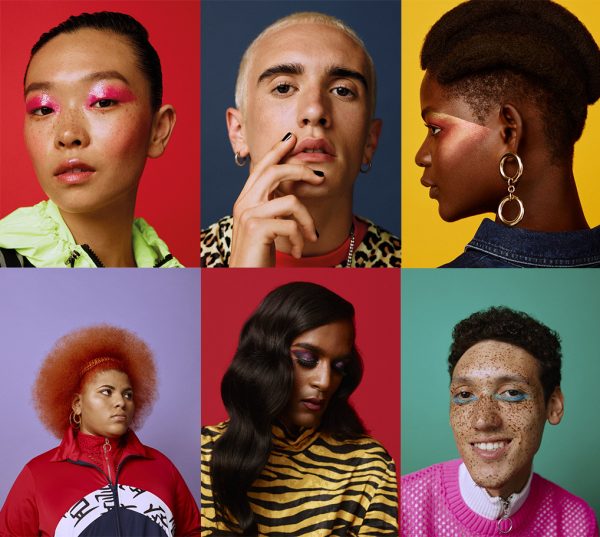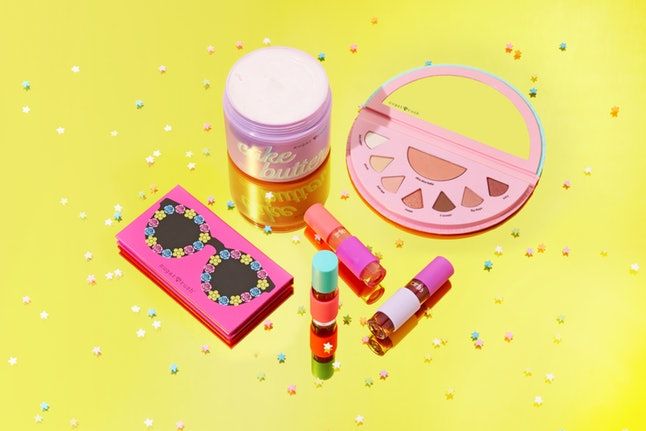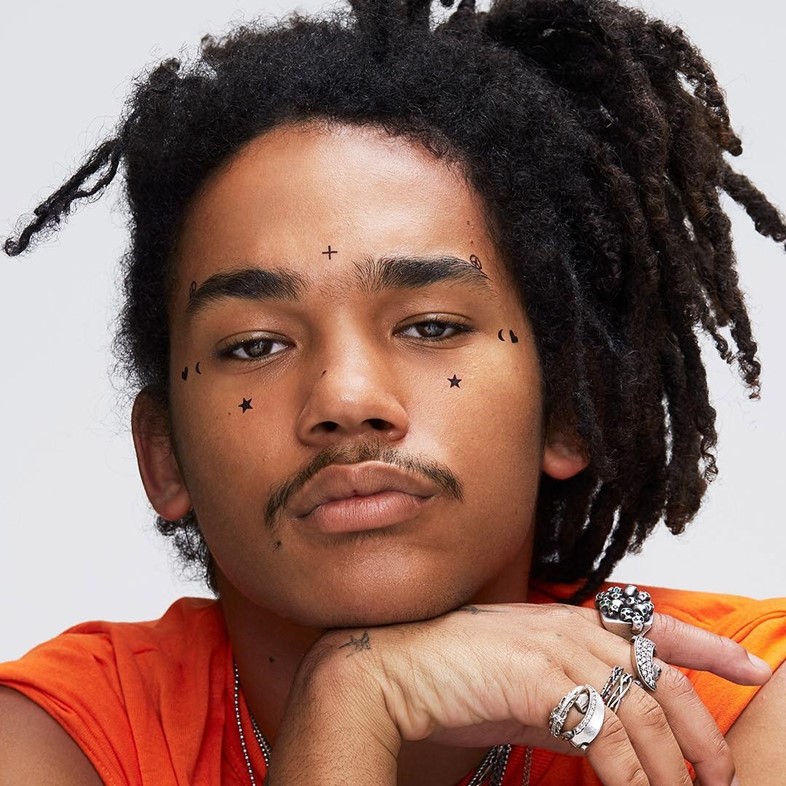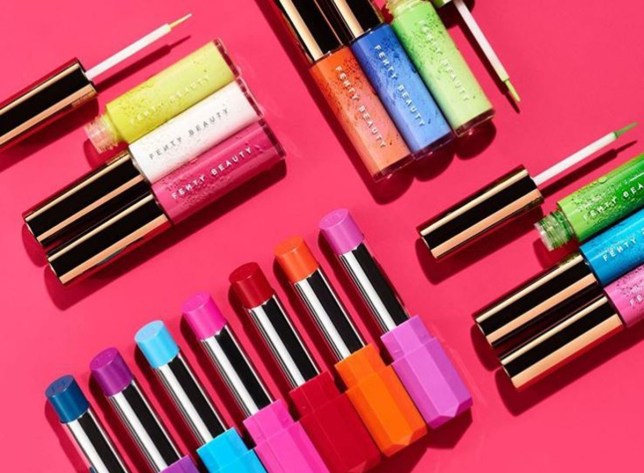Online shopping has become the norm for Gen Z consumers, but not when it comes to beauty. 90 per cent of young people buy their makeup and cosmetics in stores.

Today’s teens are approaching the beauty industry differently. Generation Y and Generation X grew up in a time of skin-and-bone models and flawlessly-photoshopped magazine spreads. We are now experiencing a backlash towards this hyper-perfectionist view of beauty.
In many ways, the messages that Gen Z teens are receiving are contradictory. On the one hand, Instagram and FaceTune are selling the youth a very familiar brand of perfectionism, albeit an updated version. On the other hand, influencer culture takes the power away from giant corporations and gives it to the everyday person. This can have positive results for young people navigating the beauty industry.
Gen Z live in a world where trends are increasingly peer-driven.
Shopping Is Social

It’s no surprise that young people do the majority of their shopping online. Its quick, its efficient. And it eliminates the need for unnecessary interaction with crowds. When it comes to beauty, however, according to Piper Jaffray’s twice-annual survey, 90 per cent of Gen Z buy their cosmetics IRL.
The oldest members of Generation Z were born in 1995. This was at the beginning of the online era. As the years progressed, online shopping became more and more normalised, and preferred by young consumers.
One explanation for the desire of young people for real-life beauty stores has to do with what websites lack – the ability to touch and interact physically with products. This is an intrinsic part of the allure of cosmetics. Additionally, the social aspect of shopping has also not lost its appeal with younger generations.
Jack McKinnon, senior principal analyst at Gartner told Business of Fashion:
“There is a neo-traditionalist streak in Gen Z, they’re more likely to see shopping as a social experience…That might come from this generation being on screens so much that the added benefit of actually being together in real life is even more special. Beauty strikes me as a specific category of products that would feel that way even more.”
But, it seems the online marketplace is slowly making inroads into this sector. Amazon recently launched two private beauty labels, bringing back 4 per cent of female teens to the online side.
Imperfection Obsession

Gen Z is a generation that aspires to be itself. Barriers must be broken down in the name of self-expression. Beauty brands that focus on rule-breaking, defiance and self-love in the face of all obstacles resonate with young people today.
Instead of telling teens to cover up their imperfections, successful beauty brands tell teens to embrace and amplify what they have using their products.
Makeup trends today are bold and expressive. The so-called ‘e-girl’ look blends elements from early 2000s culture with updated interpretations of colour and layering. It is common to see a highly individualised take on makeup looks, with lipstick used as eyeshadow, lipliner used as eyebrow pencil, eyeshadow trailed across the cheeks as a highlight, blush adorning the tip of the nose.
Contemporary makeup treads the line between effortless and complicated. Drawn-on freckles and half-shaved eyebrows are de rigueur.
Makeup is also increasingly seen as gender-neutral. Gen Z are more likely than any other generation to identify as gender or sexually-diverse. This shows through in the twin industries of fashion and beauty. Brands are gradually getting the message that beauty is no longer the domain of the straight, white female.
As Gen Z gets older and takes control of the marketplace, we can expect to see a lot more of this self-expressive take on what it is to be beautiful.
Cosmetics With A Conscience

The youth of today are growing up in a chaotic social climate. Gen Z is already acutely aware of the impact that their purchasing power can have on the world around them.
Young consumers care about the ethical values of retailers. Brands that are vegan or cruelty-free are gaining more and more of the market share. Animal welfare in particular is increasingly important to young customers. They will notoriously withdraw their support for brands that do not match up to their ethical expectations.
American cosmetics brand Lipslut defines itself as “‘fashion, subversion, and a middle finger to the current political landscape”. They only sell two lipsticks: one with “F*ck Trump” on the side, the other with “NOTORIOUS R.B.G.” referring to gender quality activist and Supreme Court Justice Ruth Bader Ginsberg. The brand donates 50% of their proceeds to a women’s charity chosen by the customer. This is what Gen Z likes to see.
Rihanna’s brand Fenty Beauty has also successfully ingratiated itself with young consumers with its commitment to being cruelty-free. Fenty even refuses to ship to China in defiance of the country’s policy of animal testing. It also boasts 40 foundation colours in an effort to celebrate diversity.
It takes true commitment to impress young people nowadays. With their focus on values, Gen Z is forging an individualistic and self-love-focused path through today’s beauty industry. Brands must get in line with this new ethos now, or they will fall behind.
Subscribe to FIB’s newsletter for your weekly dose of music, fashion and pop culture news!







